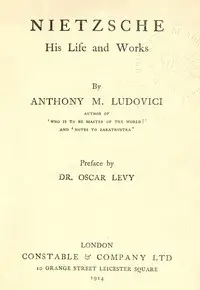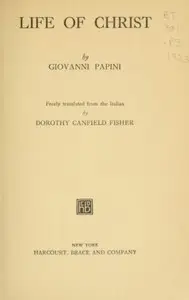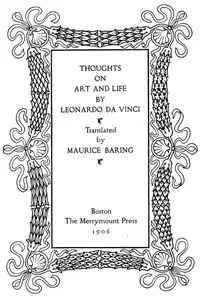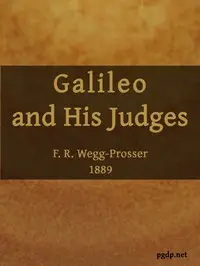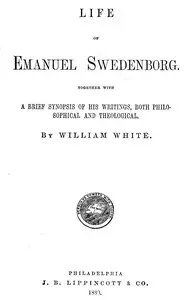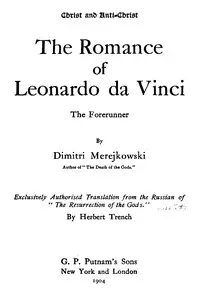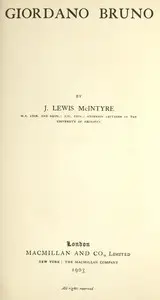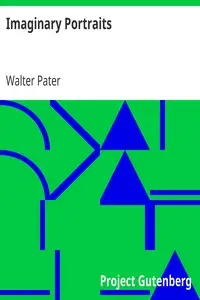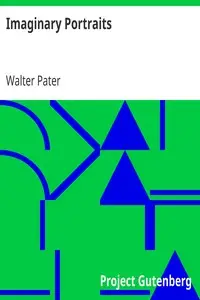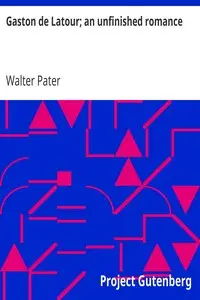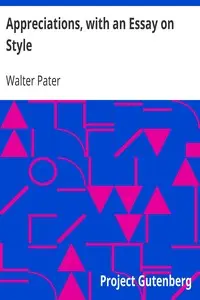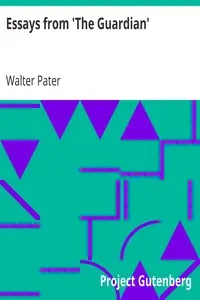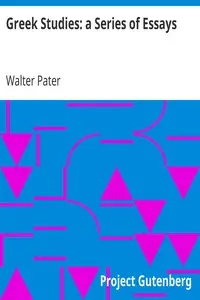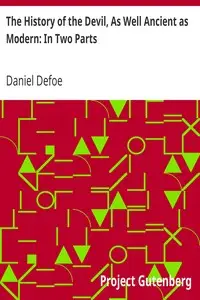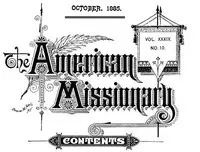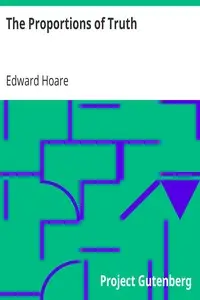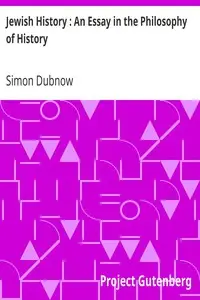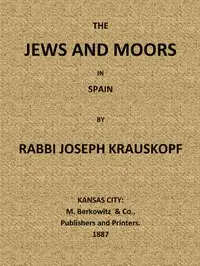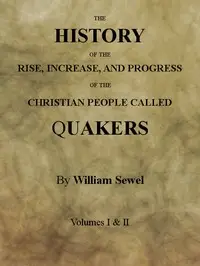"Giordano Bruno" by Walter Pater is a blend of biography and philosophical study chronicling the life and ideas of Giordano Bruno. Written in the late 1800s, the book explores Bruno's bold views on the universe, metaphysics, and pantheism. Pater focuses on Bruno’s desire for intellectual independence and his conviction that everything is connected as part of the divine in nature. The book examines Bruno’s philosophy, showing him as someone shaped by his time as a monk but eager to understand life in a larger sense that went past the strict rules of his time. Pater depicts Bruno as a passionate seeker of knowledge, whose study of old philosophical works led him to create his own unique worldview embracing the idea that a divine spirit exists everywhere in nature where he combined philosophy with poetic language. His ideas mirrored the ideals of the Renaissance and challenged the common belief systems of his time, which resulted in him being prosecuted by the Church.
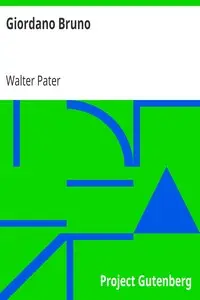
Giordano Bruno
By Walter Pater
Witness a 19th-century exploration of an Italian thinker's radical ideas about the universe, pantheism, and his relentless quest for intellectual freedom amidst religious persecution.
Genres
Released
2003-07-01
Formats
epub3 (images)
epub (images)
epub
mobi (images)
mobi
txt
Free Download
Summary
About the AuthorWalter Horatio Pater was an English essayist, art and literary critic, and fiction writer, regarded as one of the great stylists. His first and most often reprinted book, Studies in the History of the Renaissance (1873), revised as The Renaissance: Studies in Art and Poetry (1877), in which he outlined his approach to art and advocated an ideal of the intense inner life, was taken by many as a manifesto of Aestheticism.
Walter Horatio Pater was an English essayist, art and literary critic, and fiction writer, regarded as one of the great stylists. His first and most often reprinted book, Studies in the History of the Renaissance (1873), revised as The Renaissance: Studies in Art and Poetry (1877), in which he outlined his approach to art and advocated an ideal of the intense inner life, was taken by many as a manifesto of Aestheticism.
Total Reviews
10.0k
Total reviews from Goodreads may change

